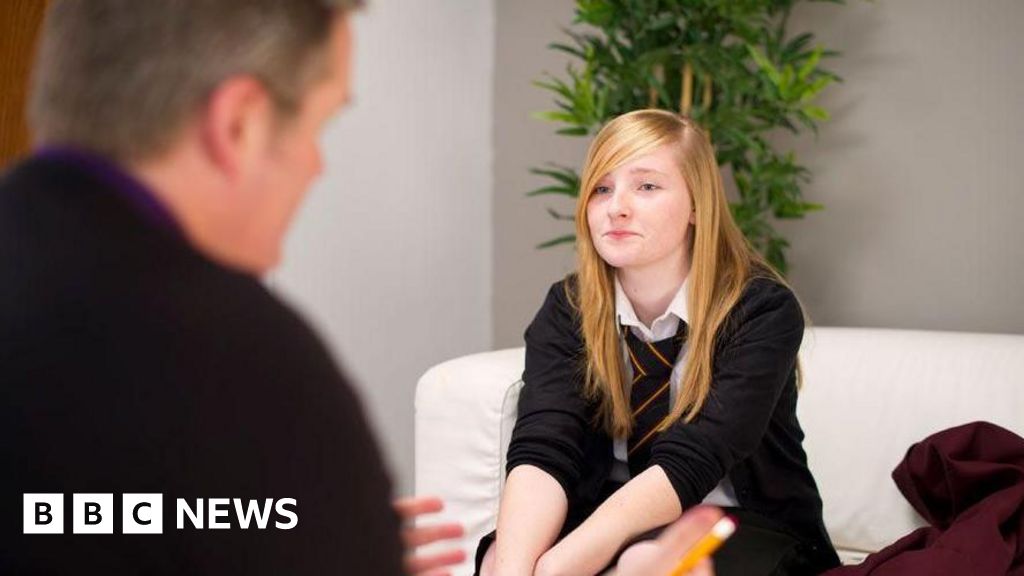ARTICLE AD BOX
A judge had agreed with specialists at Addenbrooke's Hospital that no more could be done for her and life-support treatment should end
Relatives of a woman in her 50s left brain-damaged and paralysed after contracting Covid-19 have been told they can appeal against a ruling that she should be allowed to die.
The woman was admitted to Addenbrooke's Hospital in Cambridge in late 2020.
A judge had ruled earlier this year that no more could be done for her and life-support treatment should end.
Her family challenged that decision and appeal judges have now said the case should be reheard as soon as possible.
Specialists treating the woman, who doctors have described as the most complicated Covid patient in the world, had said life-support treatment should end.
They said there was nothing they could do to make "any aspect of her condition better" and that life-support treatment was causing her distress and adding to her "burden".
Image source, PA Media
Image caption,The woman, who cannot be named, was admitted to Addenbrooke's Hospital in Cambridge last year
Judge Mr Justice Hayden, initially considered evidence at a Court of Protection trial, where judges oversee hearings centred on adults who lack the mental capacity to make decisions.
He said it was the first time a judge had considered an end-of-life case as a result of Covid-19.
The court heard the woman, who was overweight and had underlying health problems, went into hospital with symptoms of Covid-19 in December 2020.
Barrister Katie Gollop QC, who represented hospital bosses, said the woman was "almost entirely paralysed" and had "severe" cognitive impairment.
Mr Justice Hayden concluded that life-support treatment should stop by the end of October.
The woman's relatives disagreed and said she should be given more time.
'Decision undermined'
At a Court of Appeal hearing in London in early November, three judges heard argument and raised concern about a visit Mr Justice Hayden had made to a hospital to see the woman.
In the appeal ruling, Lord Justice Moylan said that what happened when Mr Justice Hayden saw the woman in hospital could have "more than one interpretation" and also that her relatives had not had an opportunity to comment on what the judge might have learned.
The language used by Mr Justice Hayden in his ruling was capable of indicating that "he did consider that (she) had given him some insight into her wishes", Lord Justice Moylan said.
He said that if that was the case then the judge's decision was "undermined for two reasons".
Her complex medical situation meant that he was "not qualified to make any such assessment", Lord Justice Moylan said, "and the validity of that assessment might well require further evidence or, at least, further submissions".
He added that "in order to ensure procedural fairness" the other parties needed to be informed and "given an opportunity to make submissions".
One of the woman's children said the relatives were "pleased" by the appeal court ruling.
"I almost cried when I found out," they said. "It's like a tonne of bricks has been lifted off me."
Find BBC News: East of England on Facebook, Instagram and Twitter. If you have a story suggestion email eastofenglandnews@bbc.co.uk
Related Internet Links
The BBC is not responsible for the content of external sites.

 3 years ago
190
3 years ago
190








 English (US) ·
English (US) ·